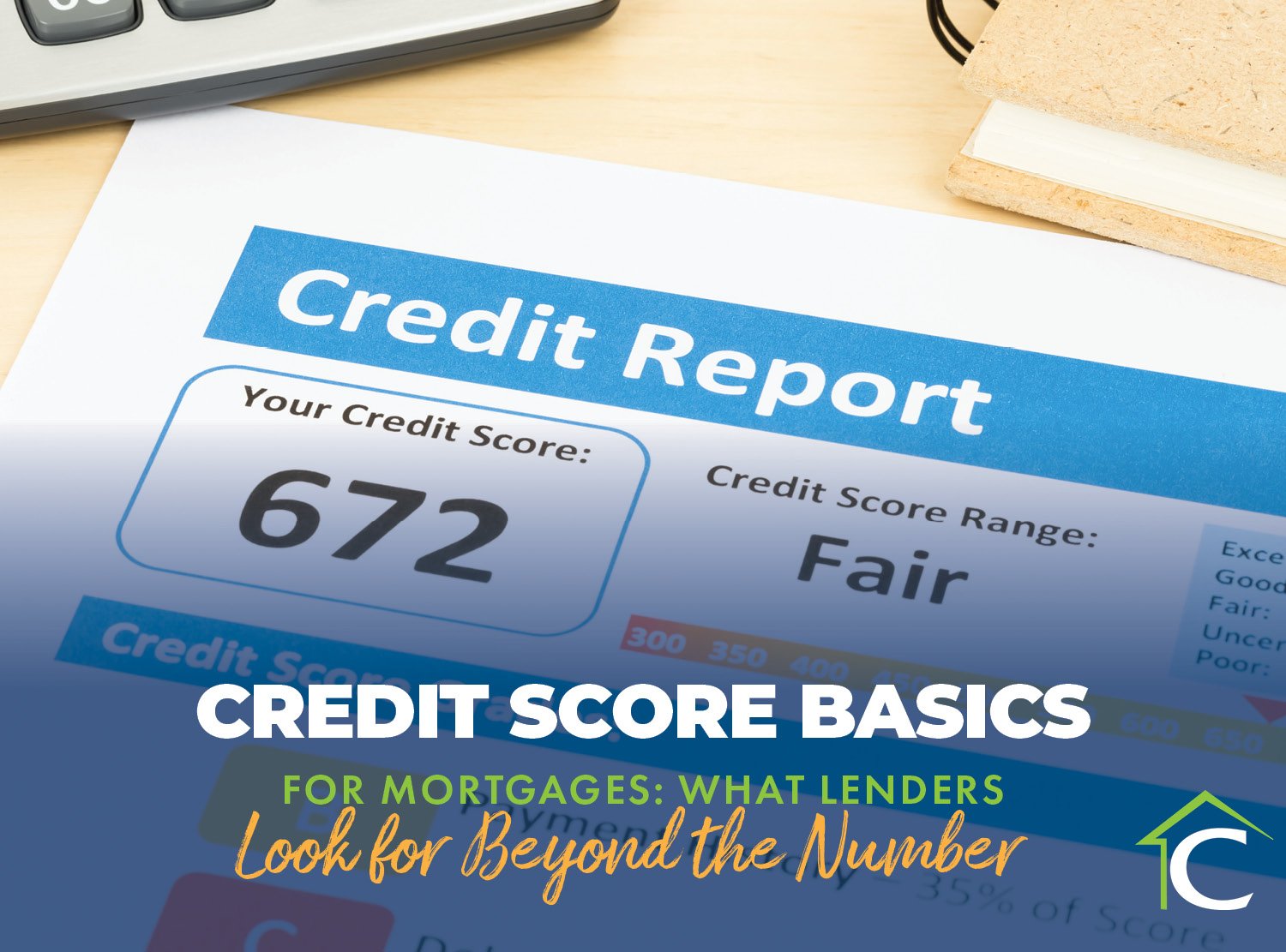Owning a home truly makes it yours, as opposed to renting, which may simply feel like a temporary place to stay. Your home is a place where you can plant down roots, expand your family and/or put your personal touch on it, from the landscaping and siding to the flooring and cabinetry.
When you own, it’s your home—not just a house!
Owning a home truly makes it yours, as opposed to renting, which may simply feel like a temporary place to stay. Your home is a place where you can plant down roots, expand your family and/or put your personal touch on it, from the landscaping and siding to the flooring and cabinetry. You have creative control over every detail of your home, which you wouldn’t have if you rented. Plus, you won’t have to wait for your landlord to fix the leaky kitchen sink or give the bathroom a much-needed makeover.


Home equity is the “amount left after subtracting the unpaid debt balance(s) on the property from the property's current market value as assessed by a valuator. It increases as the debts are paid off and when the property's value is appreciating.”
The more equity you build, the more advantageous the asset will be. This is why paying a mortgage is typically a better financial option than paying rent, as the former enables you to make an investment and experience financial benefits down the road.
Get Your Free Mortgage Pre-ApprovalAs aforementioned, when you purchase a home, you’re making an investment. By keeping up with the daily maintenance the property requires, which includes lawn care, regular chimney inspections, cleaning windows, dusting and vacuuming, and making upgrades when necessary, such as bathroom and kitchen renovations, your home will likely be worth more when it’s comes time for you to sell it. This will help you earn a nice profit, which you could then use to move into your next home or pay off any debt you may have, for instance.


Homeowners are privy to certain tax deductions that renters aren’t. For example, you may deduct the interest you’re required to pay on your mortgage loan. You may be able to deduct your property taxes, as well. However, it’s important to consult with a trusted and knowledgeable tax advisor about the deductions you’re permitted to make.
Whether you’re interested in obtaining a conventional, FHA, VA or any other type of mortgage loan, Contour Mortgage will help you throughout the entire process. Not only can our trained and dedicated mortgage loan originators explain the pros and cons of each loan option, as well as their qualification requirements, but they will also break down exactly what you’ll need to apply.
Get Your Free Mortgage Pre-ApprovalYou’ll have to provide the following documentation, along with additional information about yourself and your finances:
However, there may be other requirements, depending on the type of loan you’re interested in.
If you prefer a consistent payment over a very long period of time with no surprises, fixed loans are the best choice for you. The peace-of-mind of a fixed-rate loan offsets what could be a slightly higher long-term payment.
When rates are very low, refinance from an adjustable rate loan into a fixed-rate loan to lower your monthly payment or convert the uncertainty of an adjustable rate to a reliable fixed-rate.
Further, if you have a large Home Equity Loan or high interest credit cards that are not fixed, you have the option of refinancing them all into one fixed-rate loan. This can save you thousands of dollars in the long run.
Most adjustable rates mortgage (ARM) products offer low introductory rates that are fixed from one to 10 years—after which it adjusts either annually or every six months for the life of the loan. Our ARM programs come with a lifetime rate cap, which means that your rate will never go above a certain level, even if rates skyrocket.
ARM loans are right for you if:

What credit score do you need to buy a house? Learn how mortgage lenders evaluate your credit report, scoring models, payment patterns, and approval factors.

Struggling to save for a down payment? Learn 8 proven strategies from mortgage experts to build your home fund faster. Calculate what you need and start today.
Our Products
555 Fairmount Avenue, Suite 301, Towson, MD 21286
NMLS# 1327492